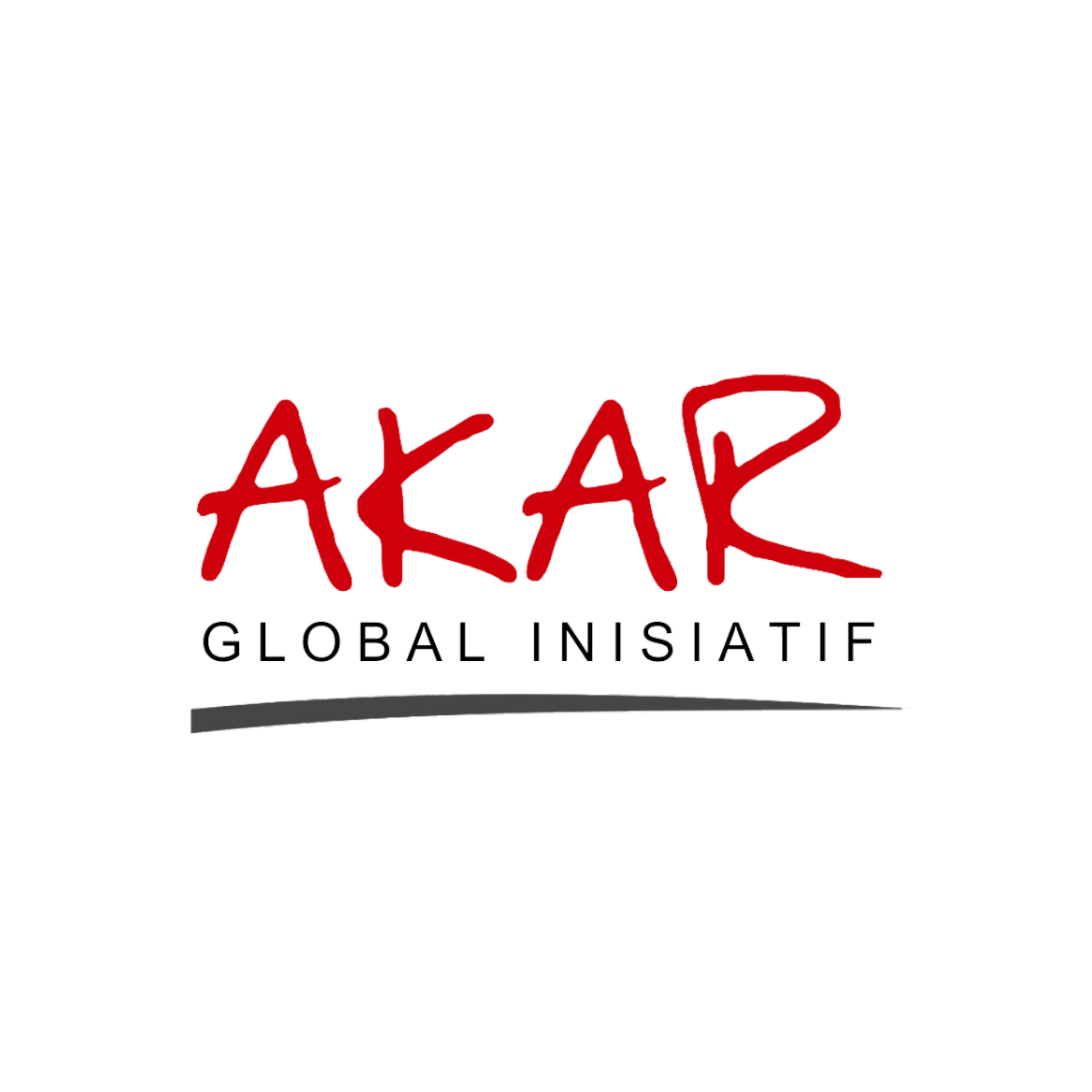 DBH SDA (revenue distribution of natural resources) is a fund that is sourced from the non-taxed revenue in the national budget and distributed to regions, the percentage of which is based on the produce of the region and is used to fund the needs of the region in the implementation of decentralization. One of the revenues of the DBH SDA is from the General Mining sector consisting of fixed fee (land rental) and exploration fees and exploitation (royalties). In Bengkulu province the mining sector that is generally prominent is coal mining. These mines are concentrated in the Northern Bengkulu district, Lebong and Central Bengkulu which is a province spreading from North Bengkulu.
DBH SDA (revenue distribution of natural resources) is a fund that is sourced from the non-taxed revenue in the national budget and distributed to regions, the percentage of which is based on the produce of the region and is used to fund the needs of the region in the implementation of decentralization. One of the revenues of the DBH SDA is from the General Mining sector consisting of fixed fee (land rental) and exploration fees and exploitation (royalties). In Bengkulu province the mining sector that is generally prominent is coal mining. These mines are concentrated in the Northern Bengkulu district, Lebong and Central Bengkulu which is a province spreading from North Bengkulu.
Coal reserves in Bengkulu Province have been estimated to reach 147.85 million tons, as much as 128.14 million tons in the Northern Bengkulu Region and 19.72 million tons in the Seluma region, and several more tons that have not yet been registered in the Kaur region, Lebong region and central Bengkulu. Accompanying the rise in the production of coal and the accumulation of existing stock, in 2008 exports of coal from Bengkulu province reached 1,017,829.162 tons/cubic meter, with an export value of US$39,743,554.810, the largest export destination being India and Malaysia.
Unfortunately the royalties are not comparable with the damage to infrastructure, environmental carrying capacity and landscape as well as the changes in the social structure of the community around the mine. Following up on this problem, there have not as yet been any concrete steps taken by the local government or the company involved in this exploitation, allowing massive destruction of infrastructure, degradation of environment and the social structure in the community.
The lack of information obtainable by the public about the relations between the government and the Mine Investors is another issue which complicates the participation of civil society in being actively involved in encouraging transparency in DBH SDA. In harmony with the essence of autonomy in the area, the bulk of the DBH SDA funding for the region must be spent at the discretion of the local government according to the needs and priorities of the area. It is expected that the local government spends it in a beneficial manner such that is becomes a fiscal stimulus in the area and improves the welfare of society. But because of this system, the improvement of welfare in society is highly dependent on the local government’s spending allocation on programs and activities that are oriented to the needs of the people (public interest).
In terms of institutions, Akar is one of the NGOs concentrating on the governance of natural resources in a way that is democratic and sustainable. There will be more local governance issues related to the coal mining sector in Bengkulu raised by Akar through both direct and indirect investigations. The aim is to compile a strategic plan to encourage transparency and the calculation of DBH for coal mines in Bengkulu.
